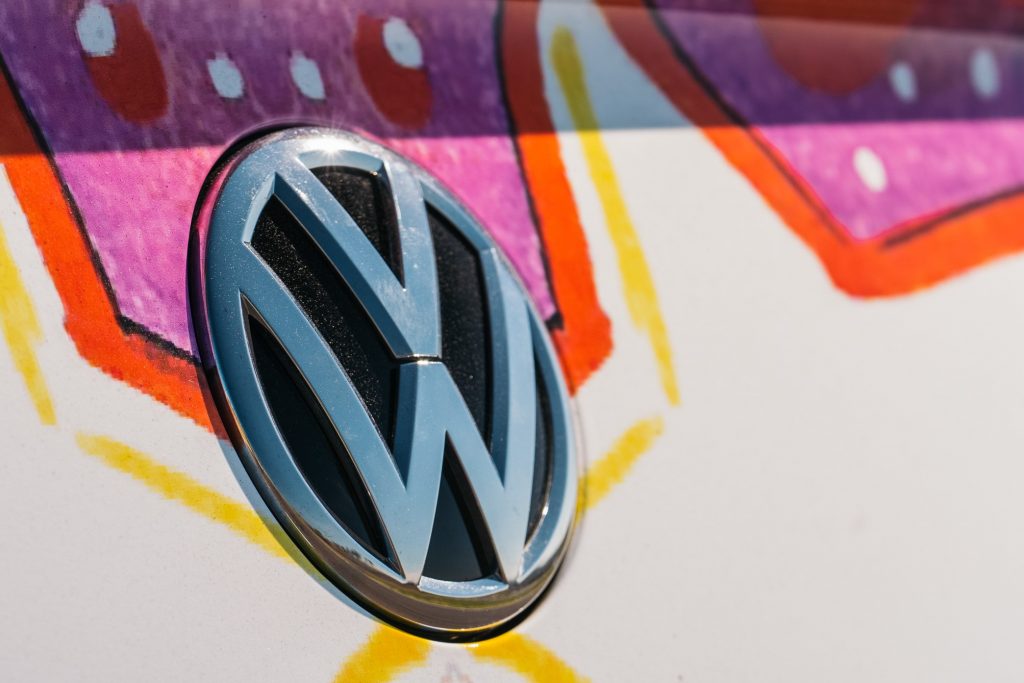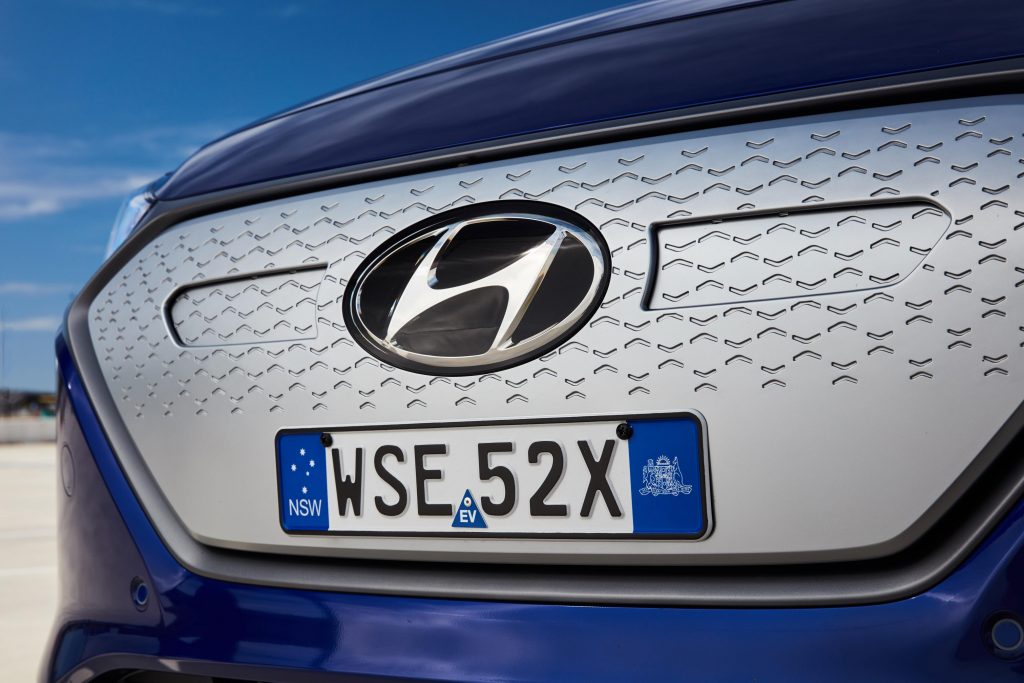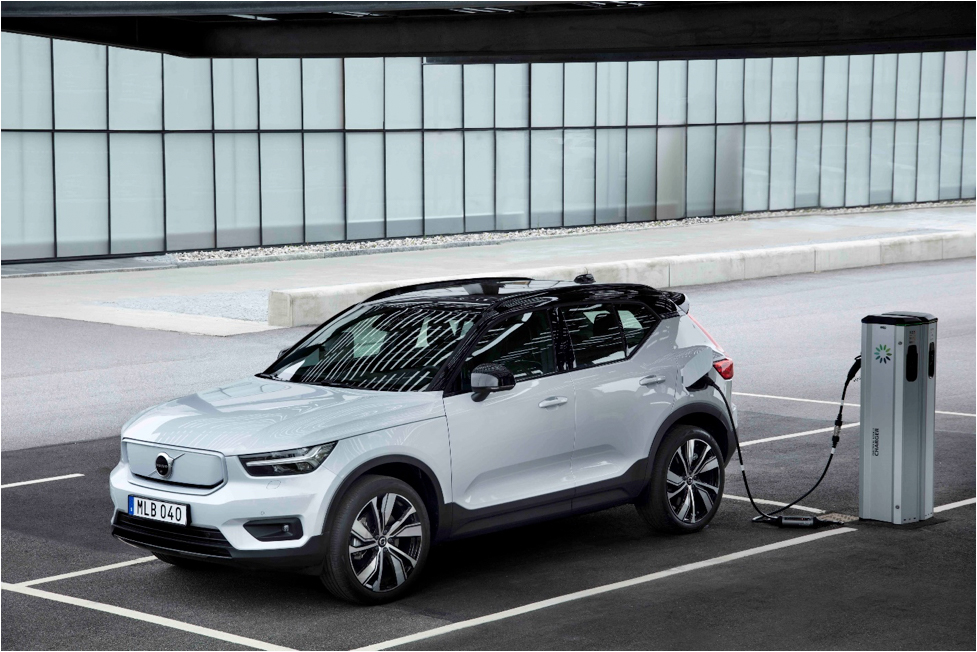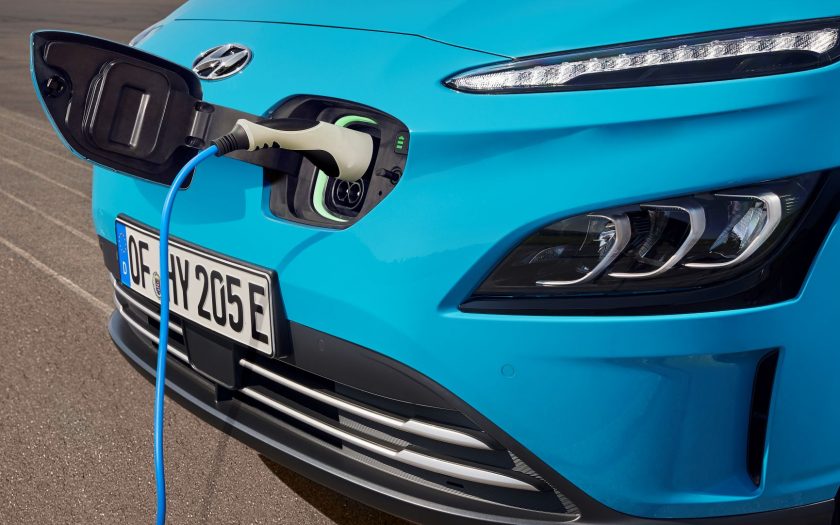THE RECENT FINANCIAL REFORM and automotive incentive package delivered by the NSW Government has been welcomed by various car companies and the the Federal Chamber of Automotive Industries.
According to the FCAI, it “sets the precedent for other Governments to follow in its drive to increase electric vehicle uptake across the State.”
The elimination of stamp duty on electric vehicles (EV) up to $78,000 from 1 September 2021 and all EVs including Plug In Hybrid (PHEV) from 1 July 2027, $151 million investment in EV charging infrastructure in metropolitan and regional areas, EV access to transit T2 and T3 lanes and cash rebates for EV customers represent some of the most significant reforms ever seen in Australia in support of new automotive technology.
A road user charge of 2.5c/km for EV and a 2.0c/km for Plug-in Hybrid Electric Vehicles (PHEV) will be applied from 1 July 2027 or when EVs make up at least 30 percent of new car sales.
“The direction being set by the NSW Government has the capacity to kick start serious EV penetration into Australia,” FCAI Chief Executive Tony Weber said.
“As the future of mobility continues to rapidly transform, now is the time for Governments to relieve motorists of a myriad of outdated, confusing and inefficient charges and replace them with a simplified road user charging approach.
“The FCAI released a discussion paper last month advocating for the introduction of a road user charging approach aimed at eliminating charges such as registration, sales taxes and luxury car taxes and replacing them with one charge.
“This change in the taxation for EVs and PHEVs, significant investment in charging infrastructure, initiatives supporting fleets and consumer incentives balanced with a user charge represent the most significant steps we have seen in decades.”
Mr Weber acknowledged the introduction of incentives for electric vehicle customers. A $3000 rebate will be available for the first 25,000 EVs under $68,750 sold from 1 September 2021.
“The incentives package for electric vehicles is consistent with actions being taken by forward-thinking governments across the world,” he said.
Mr Weber said the FCAI and its members would work alongside the NSW Government to identify and introduce future reforms that supported the simplification and efficiency of future automotive road user charging structures and systems.
“Ideally, road user charging decisions should not be based around specific technologies and particularly those that are in their relative infancy in the Australian market. An efficient road user charging scheme can address all vehicle users regardless of the type of vehicle they drive, how often it is driven and the purpose of the travel.
Mr Weber added that the actions taken by the NSW Government once again highlighted that the Federal Government risked missing an opportunity to provide leadership and policy direction on the increased take up of Zero and Low Emissions Vehicles (ZLEVs).
“The FCAI has consistently advocated for a national approach to these issues that ideally would be Federally-led to avoid the prospect of individual State Governments introducing their own standards and incentive programs in support of ZLEVs.
“Consistency is the critical element for Australian customers. If other States introduce their own programs, they must align. Otherwise, the result will be another disjointed and chaotic system like the introduction of different rail gauges across the country.”
Mr Weber said that the FCAI supported the introduction of sensible and achievable CO2 emissions targets that allowed customers to choose the vehicles and technology they wanted to suit their personal and commercial needs.
“In the long term, the aim is to reduce CO2 emissions from vehicles. Governments should focus on targets, not technologies. If governments set the targets, the carmakers will deliver the range of vehicles into the market that achieve the environmental outcomes and meet the needs of Australian motorists.”
 VW praises NSW EV Strategy
VW praises NSW EV Strategy
VW Group managing director, Michael Bartsch, a vocal critic of Australia’s slow take-up of EVs and lack of incentive, said the strategy is “the model to drive Australian out of the automotive third world”.
“Mr Kean’s logical and progressive initiatives will, as he says, make NSW the ‘easiest place to buy and drive an EV in Australia'”. (The Hon Matthew Kean is NSW Minister for Energy and the Environment)
“The Berejiklian Government has shown its federal colleagues and its counterpart in Victoria the way to bring about mass ownership of affordable Electric Vehicles,” Mr Bartsch said. “In terms of his targets for private ownership and fleet take up of EVs, there is no faulting Mr Kean’s ambition.”
Mr Bartsch said that while the Volkswagen Group was becoming the world’s biggest seller of affordable EVs and Plug-in Hybrid EVs, significant barriers remained before Australia could emulate European countries, where the demand for zero and low emission vehicles begins to exceed supply.
“While the Victorian Government’s vision of progress is to tax EVs while they are less than one per cent of new vehicles sales, it is the lack of national commitment to a CO2 target that has most impeded the case for EV prioritisation,” Mr Bartsch said.
“Europe’s mandatory carbon targets, enforced by severe penalties, will ensure that those markets continue to the first in line for zero emission vehicles.
“Volkswagen is further disadvantaged by being the only top 10 selling brand in Australia that remains subject to a tariff designed to protect local manufacturing that ceased in 2017. The other mass-market brands benefit from free trade agreements.
“While the federal government has resolved to address Australia’s third world fuel quality, until it and the other state governments emulate the vision of NSW, our country will remain a dumping ground for technology that cannot be sold in advanced countries.”

Nissan joins the chorus
Nissan Australia also commented that the comprehensive package provides clear and strong support to assist with the adoption of Electric Vehicles in New South Wales.
“The bold suite of actions announced directly addresses the key transition questions considered by EV buyers – pricing support and range anxiety – with the announcement positioning NSW in line with other progressive jurisdictions globally.”
“Supporting EV drivers, the NSW Government’s EV charging strategy will ensure support with the right mix of charging solutions, not only for their daily commutes, but also their desire to explore the wider metropolitan and regional areas state-wide.”
Stephen Lester, Managing Director of Nissan Australia said: “It is extremely encouraging to see the NSW Government’s strong leadership in the EV space. These decisive actions are good for consumers, good for the market and ultimately good for the State’s own legislated net-zero targets. These types of policies not only accelerate the EV transition right now, but also put Australia in a stronger place for priority adoption of new vehicle technologies, sooner.
“Additionally, with the announced transition targets for its own fleet, the NSW market will see greater EV uptake because of Government purchases, but also will ultimately benefit customers by providing a vibrant second-hand EV market in the years to come.
“The announcement of upcoming EV-related taxation reform provides consumers the right balance between EV adoption today, and surety about the future regulatory environment.”
Nissan welcomes the opportunity to work with the NSW Government to finalize the implementation details and operational processes in preparation for the 1 September implementation date.
With the largest EV dealer network in Australia (92 outlets nationally, 22 located in NSW) Nissan’s approval is hardly surprising.

Hyundai was also quick to announce its support for the New South Wales Government’s EV Strategy as outlined by Minister for Energy and Environment, The Hon. Matthew Kean.
HMCA Chief Operating Officer, Mr John Kett, said: “The New South Wales Government’s stated ambition is to make NSW the easiest state in Australia to buy and drive an Electric Vehicle. This strategy goes a long way to making that a reality. We congratulate the State Government and recognise New South Wales as now setting the pace for the rest of Australia.”
“Significant investment in the charging network, in both urban and regional areas, is a welcome initiative. Highly developed infrastructure provides confidence to customers and removes uncertainty around being able to charge EVs away from home.”
“Providing stimulus for improving low EV adoption rates in Australia, by offering tax relief and purchase incentives for customers, is another encouraging step. We’ve seen government incentives stimulate adoption rates in advanced markets overseas and the NSW EV Strategy is at world best-practice levels in that regard.
“We also acknowledge the New South Wales Government’s own commitment to convert its fleet to fully electric by 2030, with an interim target of 50 percent by 2026.”
“We look forward to being a key partner in that transition as we continue to expand the range of Hyundai EVs available to all Australians in the future.”
HMCA Chief Executive Officer, Mr Jun Heo, said: “Hyundai is greatly encouraged by the EV Strategy announced by the New South Wales Government today. It is a world-class program – ambitious, broad-ranging and a significant step forward in the development of zero-emissions transport for New South Wales and for Australia.”

Volvo agrees
Volvo Car Australia has joined the chorus of welcome for the NSW Government’s electric vehicle strategy and urged federal and state governments to quickly develop their own plans to drive uptake of electric vehicles.
“Volvo applauds the NSW Government’s electric vehicle reform package. It is a significant step in the right direction to increase penetration of electric vehicles in Australia, which is lagging the rest of the developed world on uptake,” said Volvo Car Australia Managing Director, Stephen Connor.
“Volvo firmly believes there is no long-term future for cars with an internal combustion engine. Therefore, Volvo is committed to become a fully electric car company by 2030 and becoming a leader in the fast-growing premium electric car market.
“In less than a decade we intend to only sell fully electric cars and, phase out any car in our global portfolio with an internal combustion engine, including hybrids.
“This will allow us to meet the expectations of our customers and be a part of the solution when it comes to fighting climate change. Other car makers have announced similar plans.
“We urge the federal government, and other states and territories, to recognise this reality, and fast track their electric vehicle strategies. This is crucial to ensure Australia does not lag behind the global car market which is responding to the seismic technological change that is underway,” Mr Connor said.
Volvo has announced its 2022 model range due to launch in July 2021 will only be pure electric, mild-hybrid or plug-in hybrid as the company forges ahead with its electrification strategy.
In August Volvo will launch its first all-electric car, the XC40 Recharge Pure Electric, which will be the first of five all-electric models to be launched over the next five years.
So there you go folks! Seems like everyone was on board with EVs after all!
